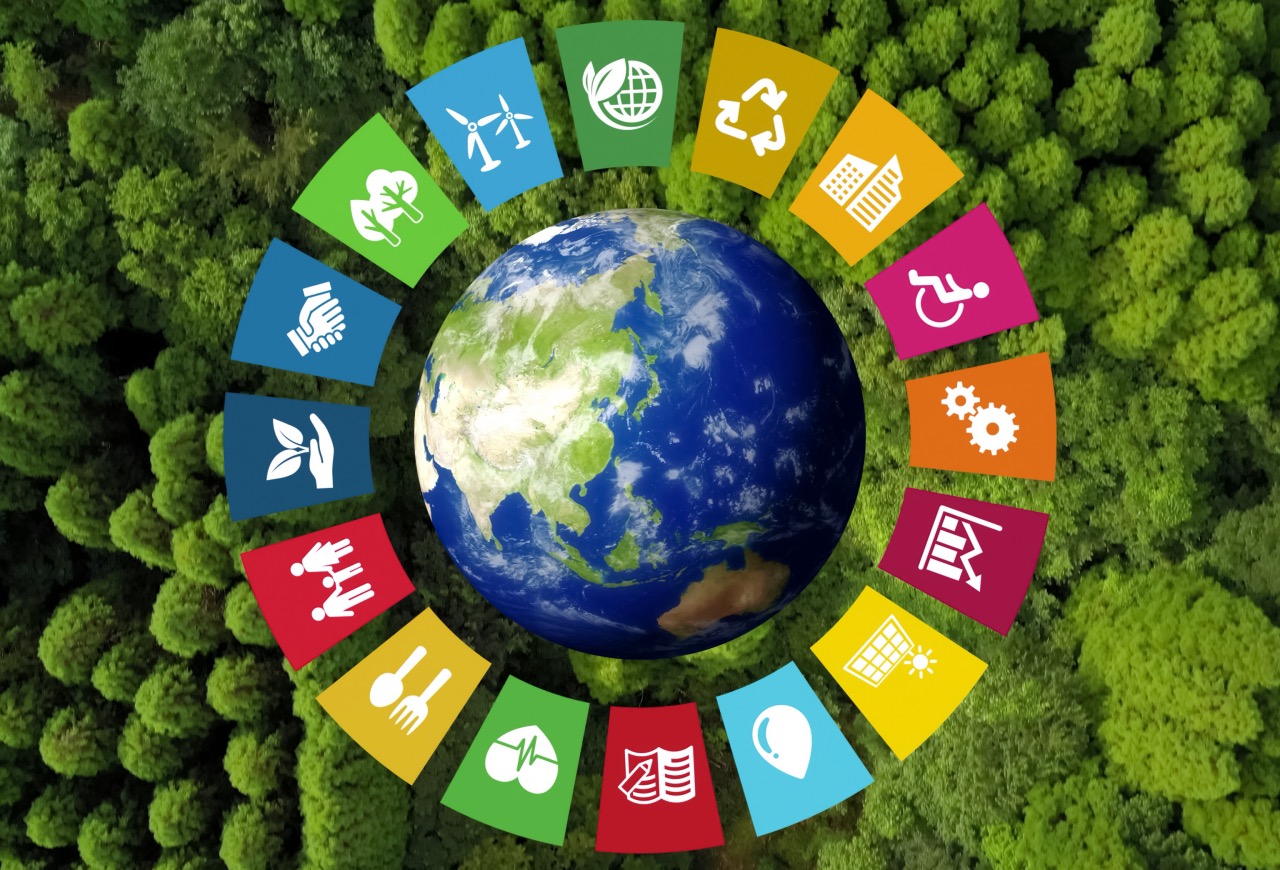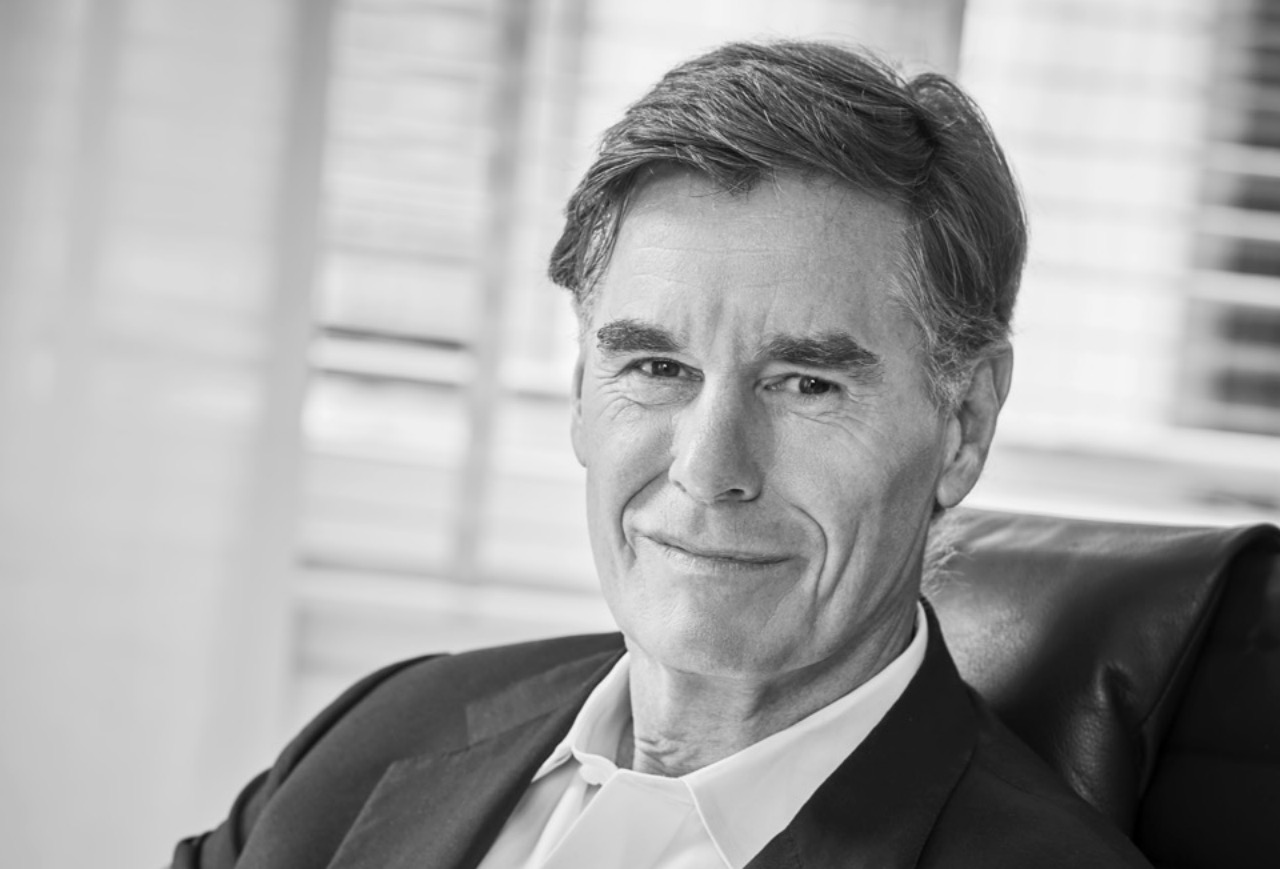Manfred Schepers, founder and CEO of ILX Management, is on a mission to bridge the gap between institutional investors’ desire to raise their sustainability profile in emerging markets, and the need for a greater mobilisation of private capital towards SDG-focused projects

In brief
- Scaling up the mobilisation of private capital in emerging markets is crucial to achieve sustainable development and climate goals
- Multilateral development banks (MDBs) and other development finance institutions (DFIs) have decades of experience of investing in line with development goals
- New fund offers institutional investors the possibility to invest in private-sector EM loans arranged by leading MDBs
- APG has committed $750m to the fund, which has a final close target of $1bn
Turning ‘billions into trillions’ was a repeated slogan during the recent COP26 climate summit in Glasgow, highlighting the need for scaling up private and public sector finance to achieve global net-zero goals.
Trillions are also often quoted when estimating the existing gap in annual financing for developing countries to achieve the UN Sustainable Development Goals (SDGs) by 2030. According to the OECD, said gap represented $2.5 trillion a year pre-Covid-19, increasing by 70%, or $1.7 trillion, in 2020.

Against this backdrop, Manfred Schepers, founder and CEO of Amsterdam-based ILX Management B.V. is on a mission to bridge the gap between institutional investors wanting to raise the sustainability profile of their emerging market investments, and the need for a greater mobilisation of private capital towards SDG-focused and climate finance projects.
Schepers co-founded ILX with Cardano Development in 2017, after returning to Amsterdam following a career in “regular banking” in London. He spent his last decade working in ‘the City’ at the European Bank for Reconstruction and Development (EBRD), where he was vice president and CFO.
Schepers’ return to the Netherlands came at a time when the debate around sustainable finance and the role of investors in supporting sustainable development was taking centre stage, following the launch of the SDGs in Addis Ababa in 2015, and the signing of the Paris Agreement on climate change in 2016.
It was then that he started discussions with Cardano Development about the possibility of developing an investment platform for Dutch pension funds to co-invest alongside multilateral development banks (MDBs) and development finance institutions (DFIs) in SDG-focused private sector loans in emerging markets.
A changing landscape
As a result of the financial crisis, international commercial banks started to move away from domestic and cross border lending in emerging markets, Schepers explains.
“The current [private capital] mobilisation quest is not just a ‘nice to have’ thing because it is politically attractive. It has got to do with the fact that the traditional source of private sector finance in emerging markets and developing economies through the international banking system, has effectively ceased,” he notes.
The largest global international investment banks continue to have a presence in emerging markets, but the reality is that they are not focused on domestic or cross border lending, he adds.
“They will focus on investment or transaction banking. They will advise on financing and M&A, or trade emerging market equity and bonds, but they are not providing risk capital via domestic or cross-border long-term lending. And, of course, sustainable investment and climate finance is all about making in-country longer term investments”.
That is why, he says, the role of MDBs has become more important in recent years. “From my background, the multilateral development banks are the most experienced in safeguarding investments in the private sector in emerging markets.”
Whether it is the International Finance Corporation, or the Asian or African Development Banks, MDBs have decades of experience in sustainable development.
“They have been doing direct investment in projects in line with development goals for the last 30 to 40 years.” Schepers adds: “Now, we call them Sustainable Development Goals but ultimately, they’re pretty much the same. The kind of policies that these banks have in the way they support projects across economies, have always had the highest environmental, social, or integrity standards.”
EU’s largest pensions player on board
Against this backdrop, ILX received donor funding to build the investment case. Key donors during that first phase of development were KfW, on behalf of the Germany’s Ministry for Cooperation and Development, the Dutch Ministry for Foreign Affairs, and the UK Foreign Commonwealth and Development Office.
The result was the launch of an SDG-focused private credit fund, ILX Fund I, to invest in private-sector loans arranged by leading MDBs and other DFIs. The fund was launched last month with the backing of APG, Europe’s largest pensions provider, which committed a total of $750 million on behalf of pension fund clients ABP and bpfBOUW.
Speaking to Impact Investor at the time of the announcement, Sjacco Schouten, head of emerging market debt at APG, said that the ILX fund offered them “a good mix between an attractive risk return profile and the contribution to sustainable development in developing countries”.
The fund is targeting a final close of $1bn. “We are now in discussions with other Dutch pension funds and we are very likely to focus the participants in the first fund on Dutch pension funds – they have shown early interest and it simplifies operations for us as well as for the MDBs,” Schepers says.
Developing a pipeline
Asked about a potential second fund, he observes it will depend on how the pipeline develops. “In Glasgow, everyone talked about billions and trillions, huge sums, but we must be grounded in reality. And the reality is that we will build the pipeline with the global MDB and DFI community during the coming 6 to 12 months – if the pipeline turns to be much bigger than we anticipated, then we could potentially scale up to a larger fund.”
Shortly after the fund launch, ILX announced a partnership with EBRD to mobilise €500m of European pension fund capital over the next five years, to support the transition of more sustainable, low-carbon economies across the EBDR regions.
In parallel, ILX also signed a memorandum of agreement (MoU) with FMO, the Dutch entrepreneurial development bank, intended to formalise the collaboration between the two organisations to increase mobilisation of institutional investor funds into emerging markets.
By working closely with these organisations, ILX also aims to benefit from their strong ESG risk and SDG impact assessment and reporting capabilities.
“Part of [these agreements] is also to clearly state that we are not just going to work with them in terms of the risk/return of a project, but we will also work with them on the ESG safeguarding and sustainability and climate impact of projects. Because this is what the pension funds are looking for.”
“We intend to be an Article 9 fund and this is because we feel confident that the ESG and sustainability information we will be receiving regarding the projects from the MDB & DFIs is going to be very informative and detailed. It would be fascinating if it turns out that an emerging market, development finance private credit fund is much stronger in its sustainability reporting than a developed market listed equities fund.”






